Introduction
As the seasons change and we experience different climates, it’s important to adjust our skincare routines accordingly. Weather conditions such as humidity, temperature, and sun exposure can have a significant impact on our skin. In this article, we will explore how to adapt your skincare routine to weather the elements and keep your skin healthy and radiant.
Table of Contents
- Understanding the Impact of Climate on Skin
- Skincare for Hot and Humid Climates
- Skincare for Cold and Dry Climates
- Skincare for Sunny and Tropical Climates
- Skincare for Windy and Harsh Climates
- Adapting Your Skincare Routine for Changing Seasons
- The Importance of Sun Protection
- Hydration and Moisture Balance
- Essential Skincare Products for Every Climate
- Incorporating Natural Ingredients into Your Routine
- Stress and Its Effect on Skin
- Additional Tips for Healthy and Glowing Skin
- Conclusion
- FAQs
Understanding the Impact of Climate on Skin
Different climates can affect our skin in various ways. In hot and humid climates, excess sweat and oil production can lead to clogged pores and breakouts. On the other hand, cold and dry climates can cause skin to become dry, flaky, and prone to irritation. Sunny and tropical climates expose the skin to intense UV radiation, increasing the risk of sunburn and skin damage. Windy and harsh climates can strip the skin of its natural oils, leaving it dry and vulnerable.
Skincare for Hot and Humid Climates
In hot and humid climates, it’s essential to focus on oil control and maintaining clean pores. Use a gentle cleanser to remove excess oil and dirt without stripping the skin. Look for lightweight and oil-free moisturizers to hydrate the skin without clogging pores. Incorporate exfoliation into your routine to remove dead skin cells and prevent congestion. Additionally, using a broad-spectrum sunscreen with a high SPF is crucial to protect your skin from harmful UV rays.
Skincare for Cold and Dry Climates
Cold and dry climates can cause moisture loss and make the skin feel tight and dehydrated. Opt for a creamy and nourishing cleanser that doesn’t strip the skin’s natural oils. Use a moisturizer with rich ingredients like hyaluronic acid and ceramides to lock in moisture and create a protective barrier. Don’t forget to protect your skin from harsh winds by wearing a scarf or a face mask. Humidifiers can also help add moisture to the air and prevent dryness.
Skincare for Sunny and Tropical Climates
In sunny and tropical climates, protecting your skin from the sun is paramount. Choose a sunscreen with a high SPF and broad-spectrum protection to shield your skin from UVA and UVB rays. Look for lightweight and water-resistant formulas that won’t feel heavy or greasy on the skin. Consider using antioxidant-rich serums and moisturizers to combat free radicals and repair sun damage. Don’t forget to reapply sunscreen throughout the day, especially after swimming or excessive sweating.
Skincare for Windy and Harsh Climates
Windy and harsh climates can be particularly challenging for the skin. Invest in a gentle cleanser that won’t further strip the skin’s natural oils. Use a moisturizer with occlusive ingredients like shea butter or petroleum jelly to create a protective barrier against the elements. Protect your skin by wearing a scarf or a hat to shield it from cold winds. Don’t forget to apply a broad-spectrum sunscreen to protect your skin from UV radiation, even on cloudy days.
Adapting Your Skincare Routine for Changing Seasons
As the seasons change, it’s important to adjust your skincare routine accordingly. During the transition from winter to spring, focus on exfoliation and brightening products to remove dull winter skin and reveal a fresh complexion. In the summer, switch to lightweight and oil-free products to prevent clogged pores and breakouts. Fall is a great time to introduce richer moisturizers and hydrating serums to prepare your skin for the colder months ahead. During winter, prioritize moisturization and protection against harsh weather conditions.
The Importance of Sun Protection
Sun protection is crucial regardless of the climate you’re in. UV rays can damage the skin and accelerate the aging process. Always wear a broad-spectrum sunscreen with a high SPF, even on cloudy days. Don’t forget to apply it to all exposed areas of your skin, including your face, neck, and hands. Reapply sunscreen every two hours, and seek shade during peak sun hours to minimize sun damage.
Hydration and Moisture Balance
Maintaining proper hydration and moisture balance is essential for healthy skin in any climate. Drink plenty of water throughout the day to keep your skin hydrated from the inside out. Use moisturizers and serums with ingredients like hyaluronic acid and glycerin to attract and retain moisture. Consider using facial mists or hydrating masks for an extra boost of hydration, especially in dry climates.
Essential Skincare Products for Every Climate
While the specific products may vary depending on the climate, some skincare essentials are universal. A gentle cleanser, moisturizer, sunscreen, and exfoliator should be part of your skincare arsenal in any climate. Adapt the formulations and textures of these products based on your skin’s needs and the climate you’re in. Don’t forget to listen to your skin and make adjustments as necessary.
Incorporating Natural Ingredients into Your Routine
Natural ingredients can provide additional benefits to your skincare routine. Look for products that contain natural antioxidants like vitamin C or green tea extract to protect your skin from environmental stressors. Consider incorporating botanical oils such as jojoba or rosehip oil for added hydration and nourishment. Always patch test new products and consult with a dermatologist if you have any specific skin concerns.
Stress and Its Effect on Skin
Stress can have a significant impact on your skin’s health and appearance. It can lead to breakouts, increased sensitivity, and a dull complexion. Practice stress-management techniques such as exercise, meditation, or journaling to promote overall well-being and maintain healthy-looking skin. Prioritize self-care and take time to relax and unwind.
Additional Tips for Healthy and Glowing Skin
- Get enough sleep to allow your skin to repair and rejuvenate.
- Maintain a balanced diet rich in fruits, vegetables, and antioxidants.
- Avoid smoking and limit alcohol consumption as they can accelerate skin aging.
- Protect your skin from pollution by using products with anti-pollution properties.
- Avoid harsh skincare products and opt for gentle formulations.
- Don’t forget to take care of your neck and décolletage, as they are often overlooked.
- Seek professional help from a dermatologist for any persistent skin concerns.
Conclusion
Adapting your skincare routine to different climates is crucial for maintaining healthy and radiant skin. Understanding the impact of weather conditions on your skin and making appropriate adjustments can help you address specific concerns and achieve optimal results. Remember to protect your skin from the sun, maintain proper hydration, and choose suitable products for the climate you’re in. With a consistent and tailored skincare routine, you can weather the elements and enjoy beautiful skin all year round.
FAQs
- Can I use the same skincare products all year round? It’s beneficial to adapt your skincare routine to different seasons and climates. Consider using lighter products in summer and richer formulations in winter.
- Do I need to wear sunscreen in cloudy weather? Yes, UV rays can penetrate through clouds. Always wear sunscreen, regardless of the weather conditions.
- Can natural ingredients replace traditional skincare products? Natural ingredients can complement your skincare routine, but it’s important to find the right balance. Some synthetic ingredients have proven benefits for specific skin concerns.
- How can stress affect my skin? Stress can contribute to skin issues such as breakouts, sensitivity, and a dull complexion. Practicing stress-management techniques is essential for maintaining healthy-looking skin.
- What should I do if I have persistent skin concerns? If you have persistent skin concerns, it’s best to consult with a dermatologist. They can provide professional advice and recommend suitable treatments or products.

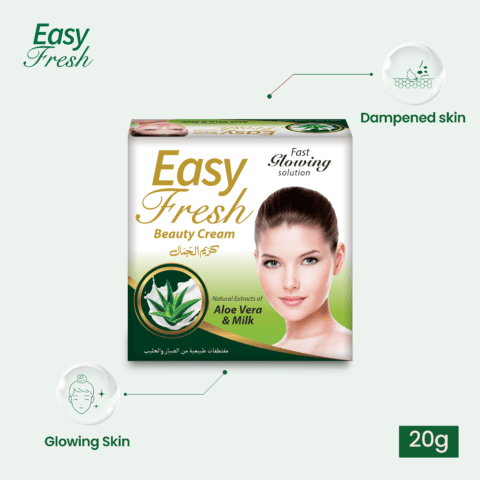
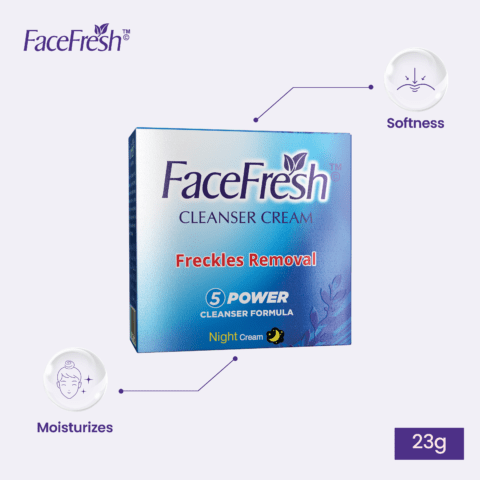
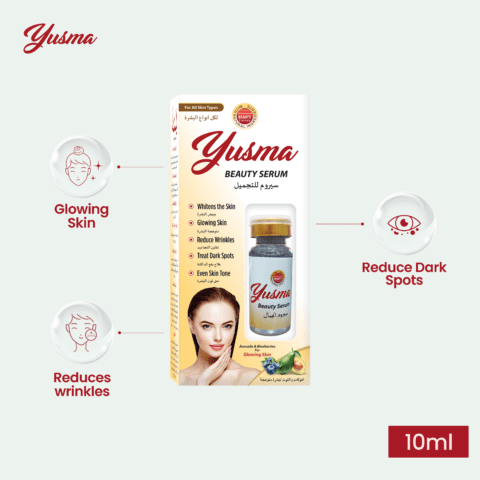
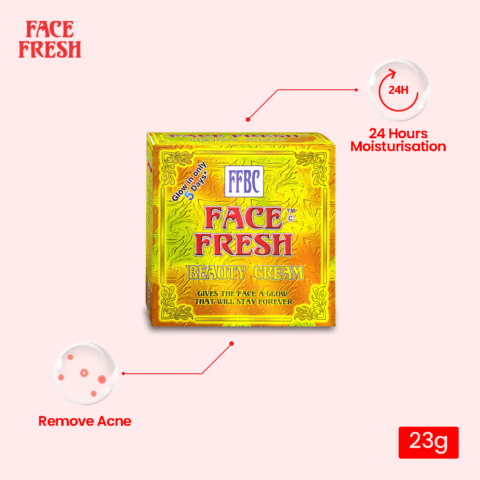
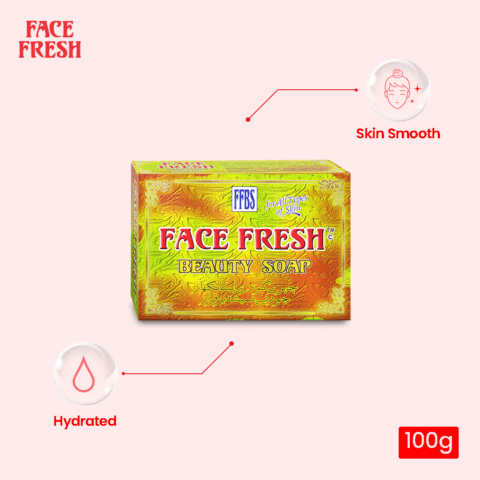

Leave a comment
Your email address will not be published. Required fields are marked *